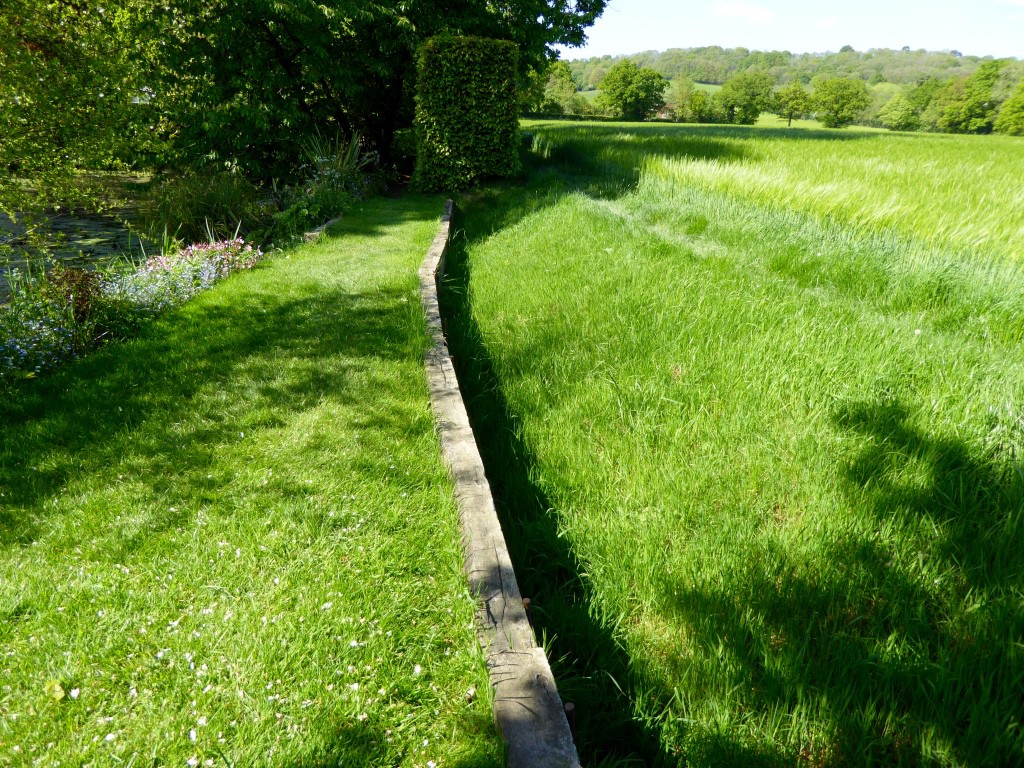To add a bit of variation to the itinery, Special Group Tours had added some surprise visits they thought we might like.
The morning of the third day saw us heading for East Grinstead and The Bluebell Railway, which is a heritage line running for 11 miles along the border between East and West Sussex. It is the first preserved standard gauge steam-operated passenger railway in the world to operate a public service.
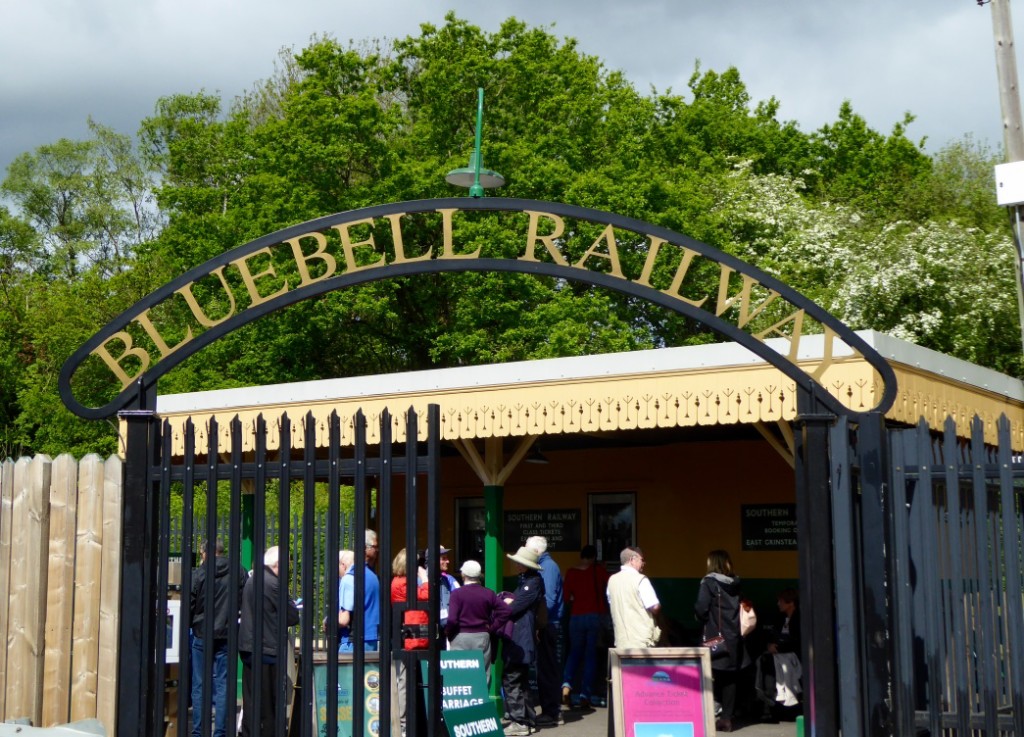
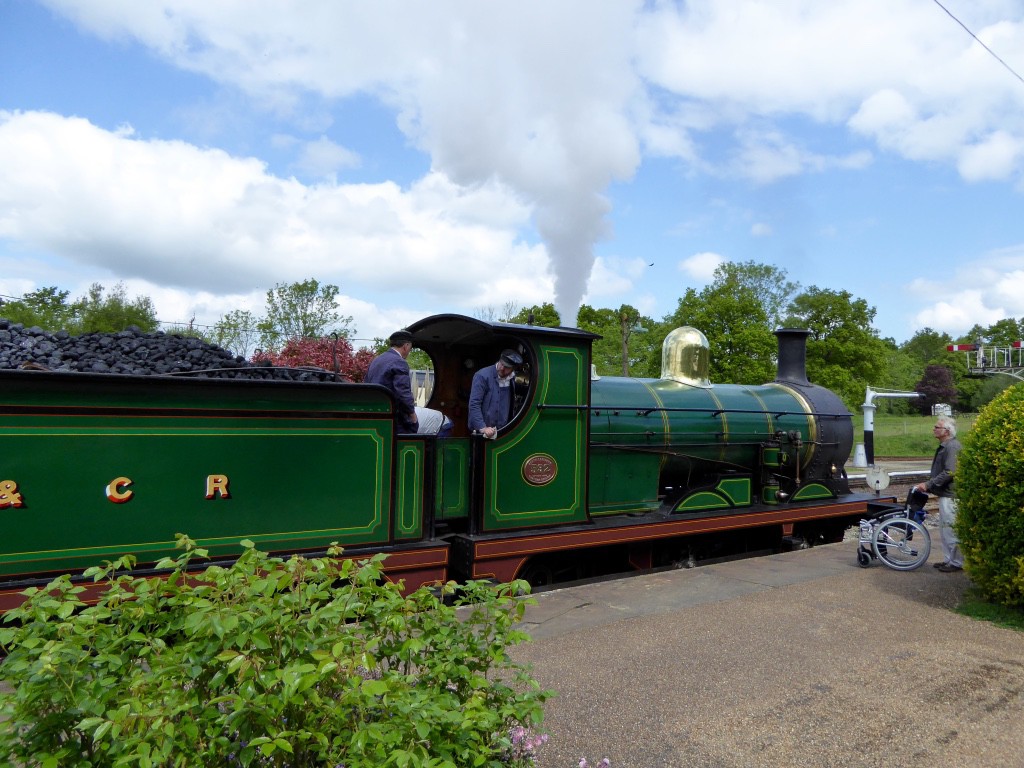
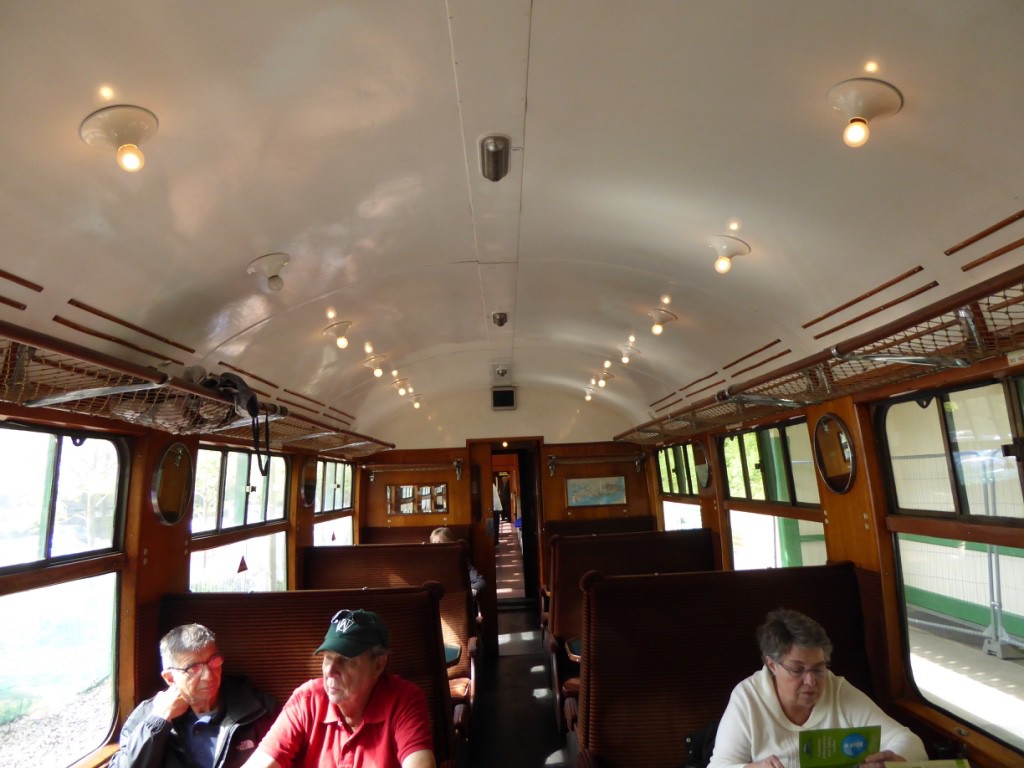
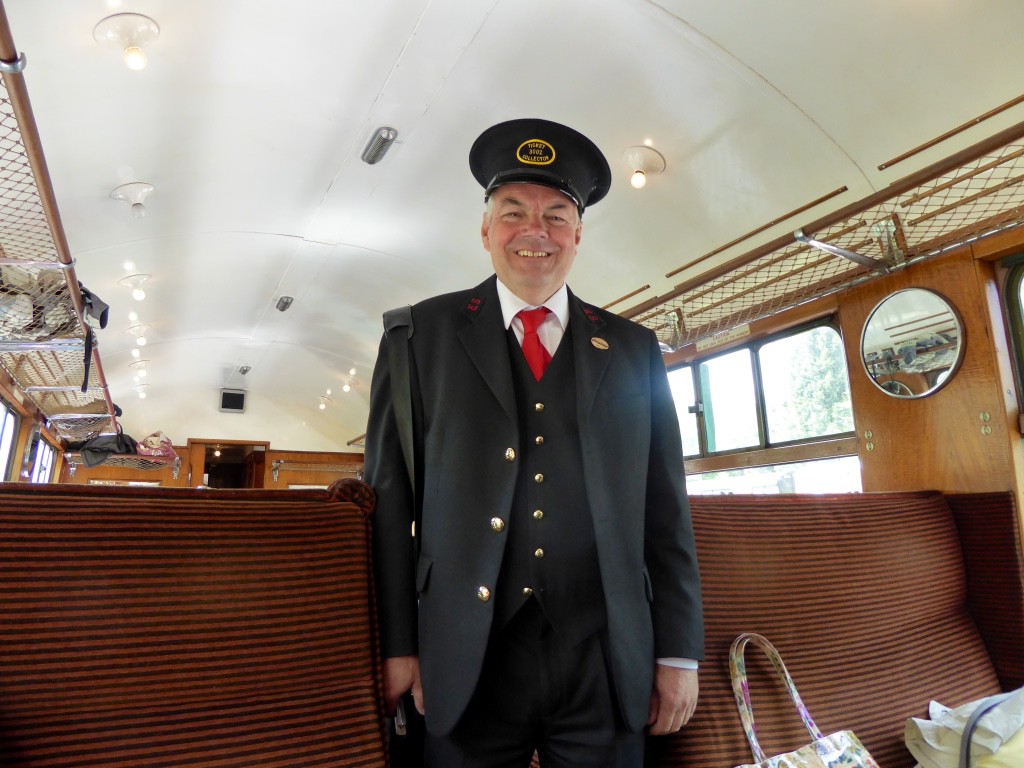
It operates between Sheffield Park and East Grinstead, with intermediate stations at Horsted Keynes & Kingscote, and is managed and run largely by volunteers. The attention to detail in preserving the stations, waiting rooms and luggage at each of the stations is a real trip back in time.
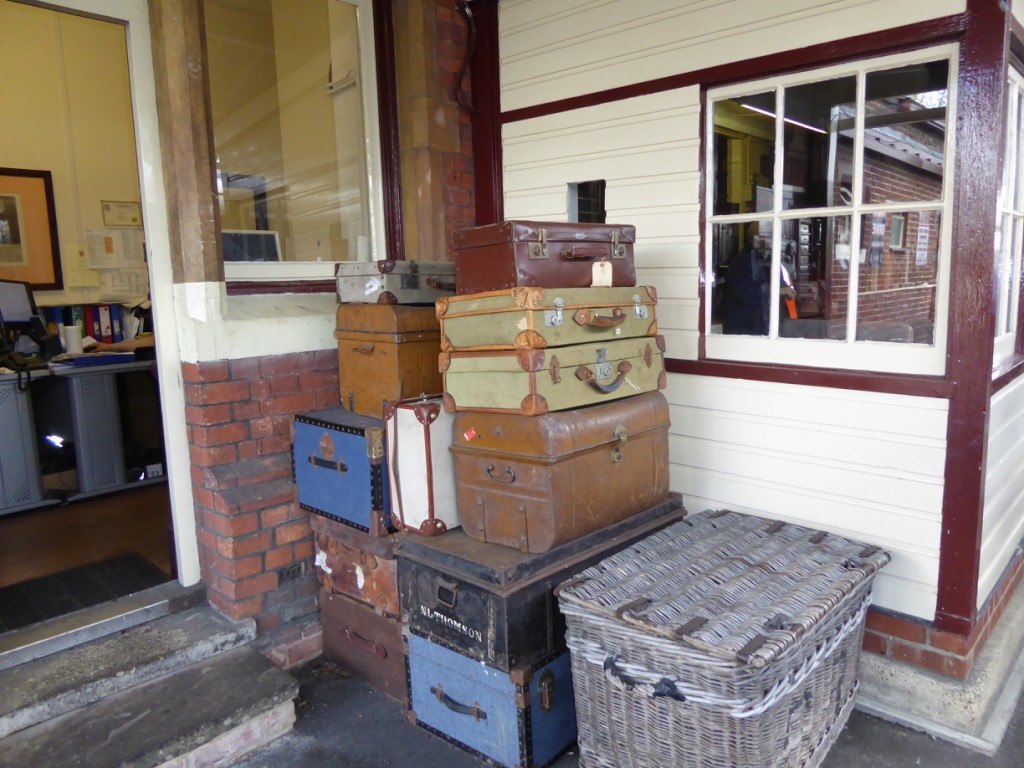
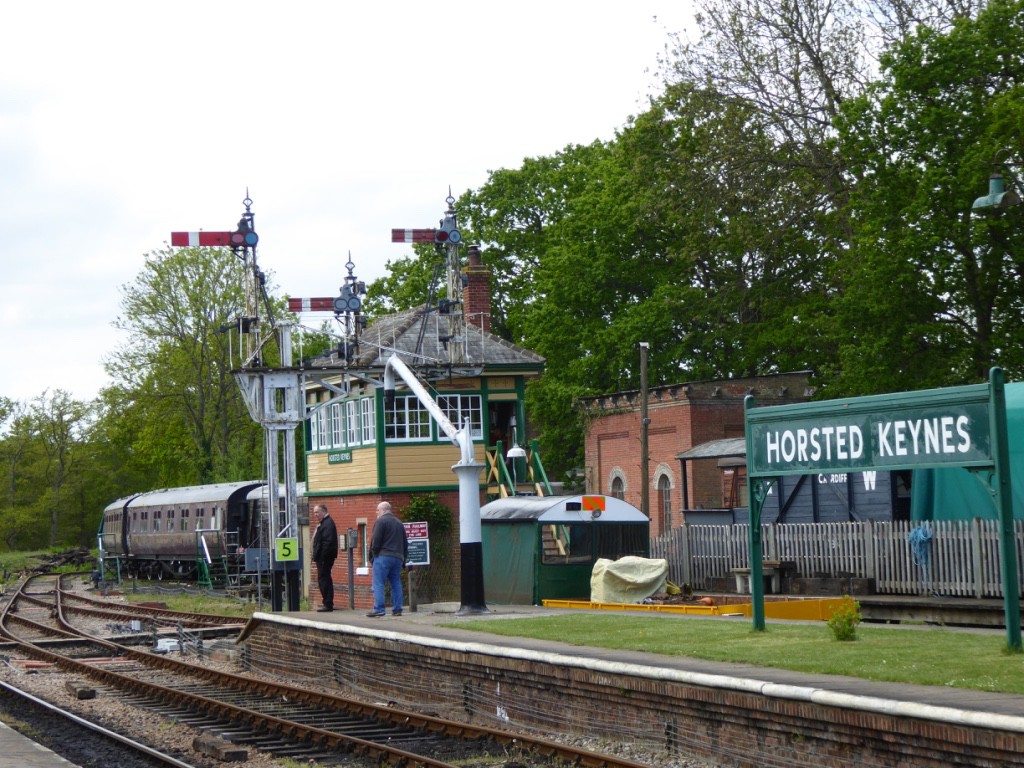
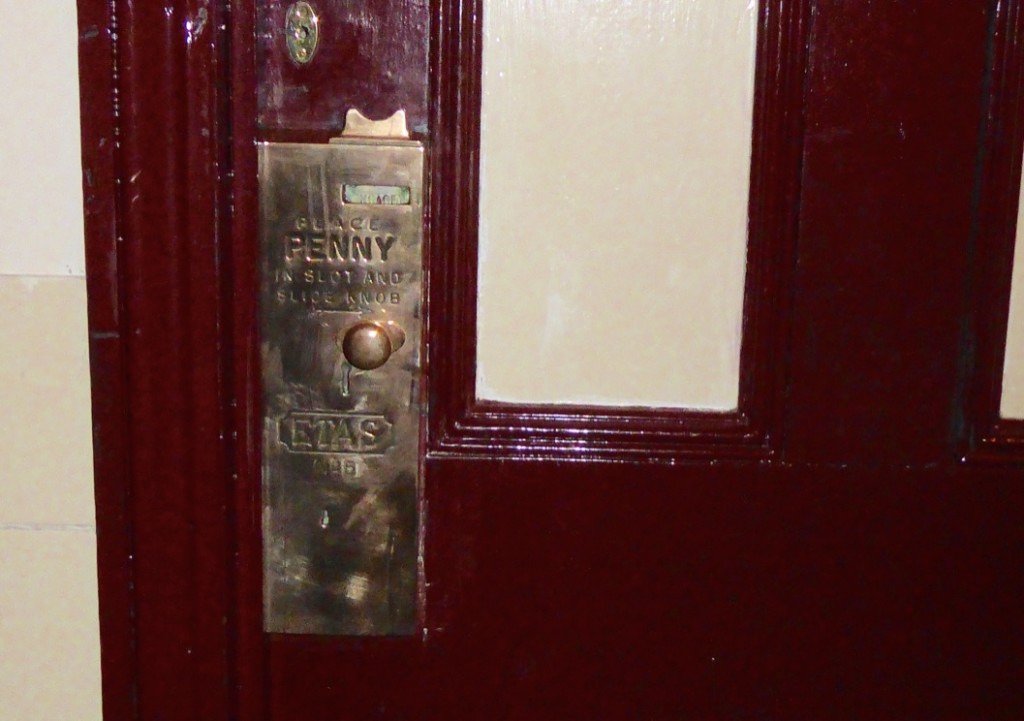
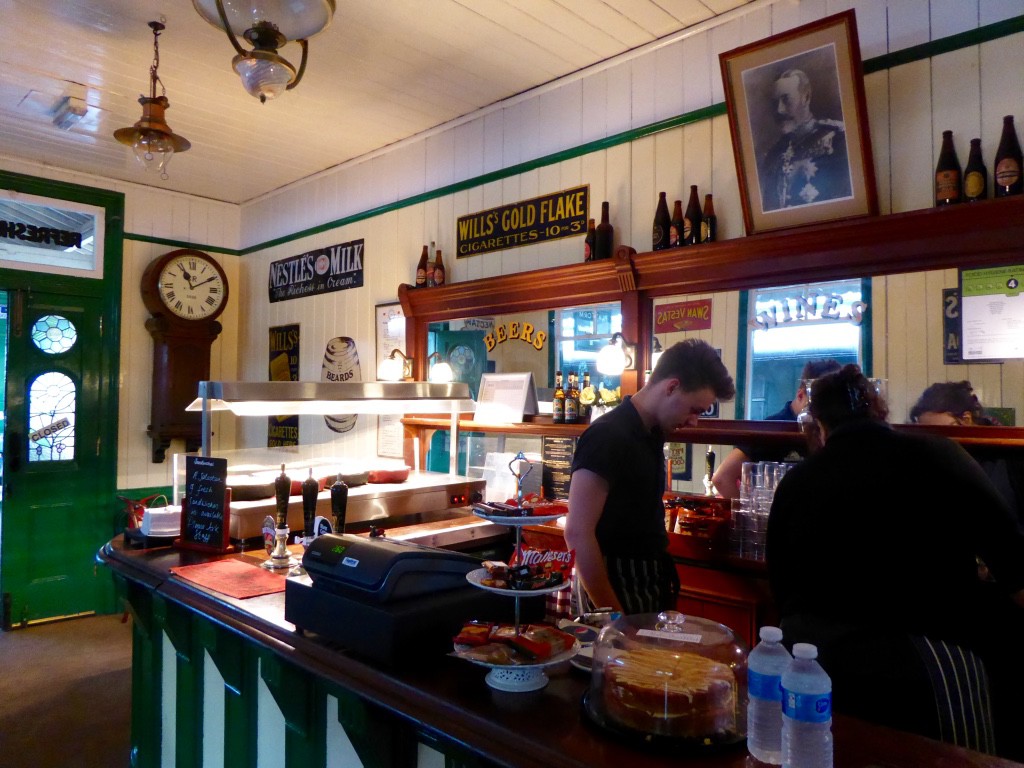
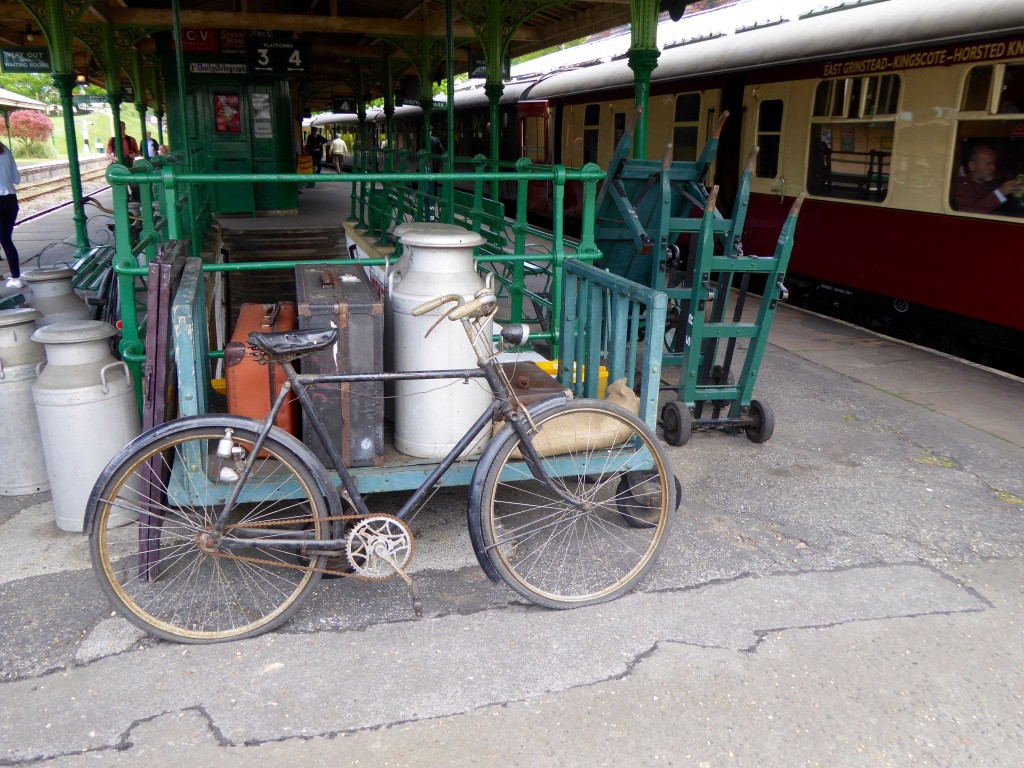
Of particular interest to Ed (and lots of photos for Mike) is their Railway Museum. Having preserved a number of steam locomotives, even before the cessation of steam service on British mainline railways in 1968, it has the largest collection (over 30) of steam locomotives in the UK after the National Railway Museum. The Society also has a collection of almost 150 carriages and wagons, most of them pre-1939.
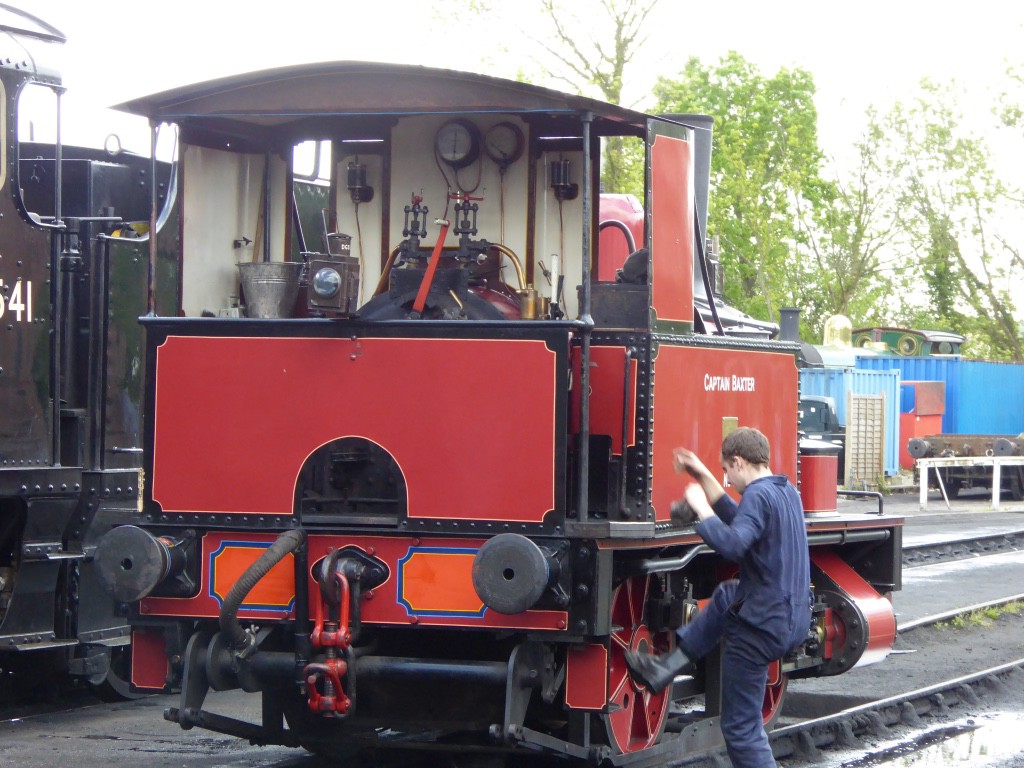
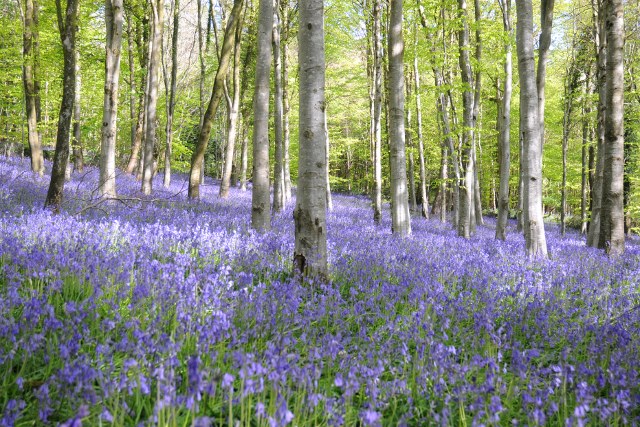
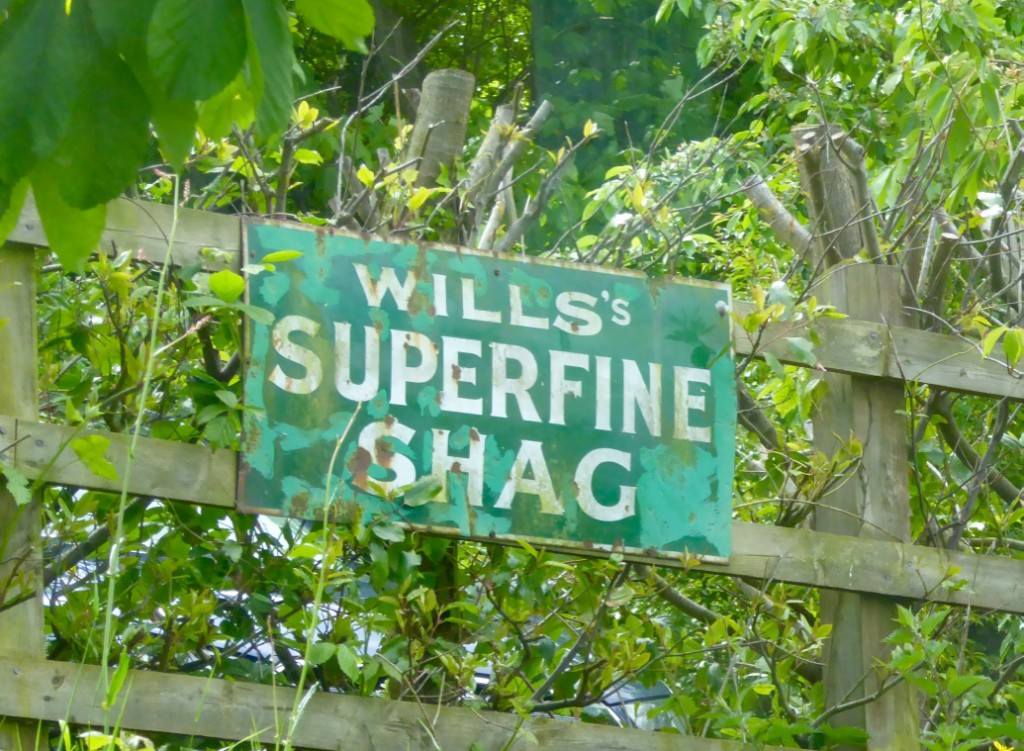
Our very relaxing train trip, through some beautiful countryside, saw us arrive at Sheffield Park Station and the renowned Sheffield Park and Gardens. The gardens have evolved through centuries of landscape design, with influences of ‘Capability’ Brown and Humphry Repton. Four lakes form the heart of the garden, with paths circulating through the glades and wooded areas surrounding them.
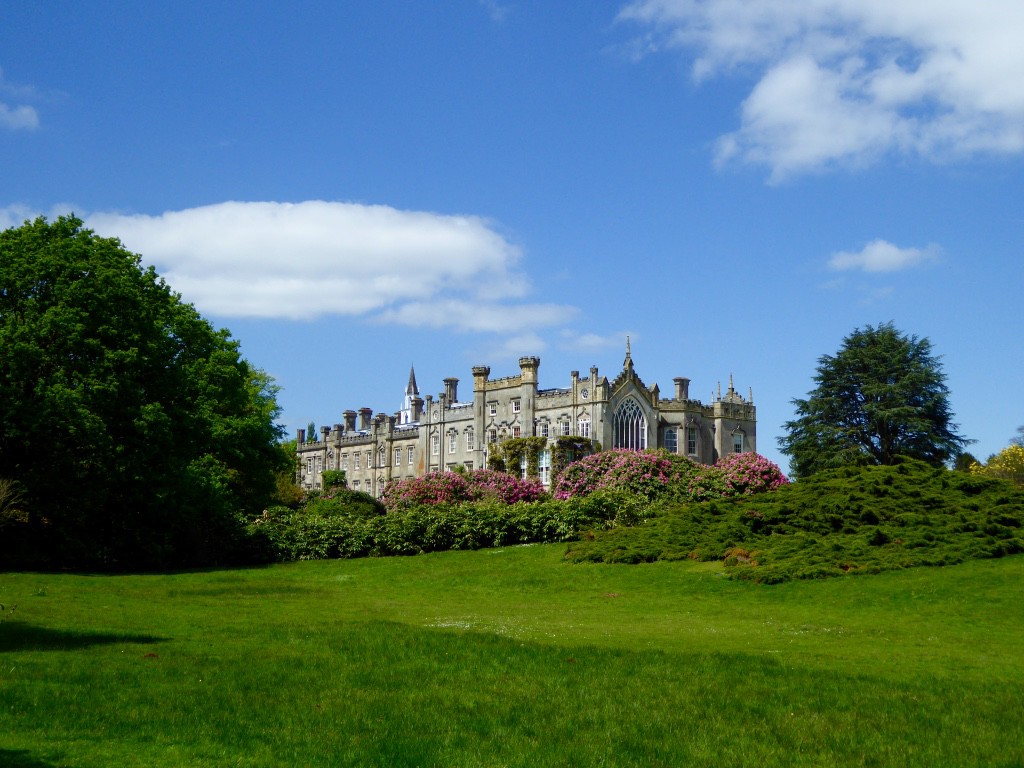
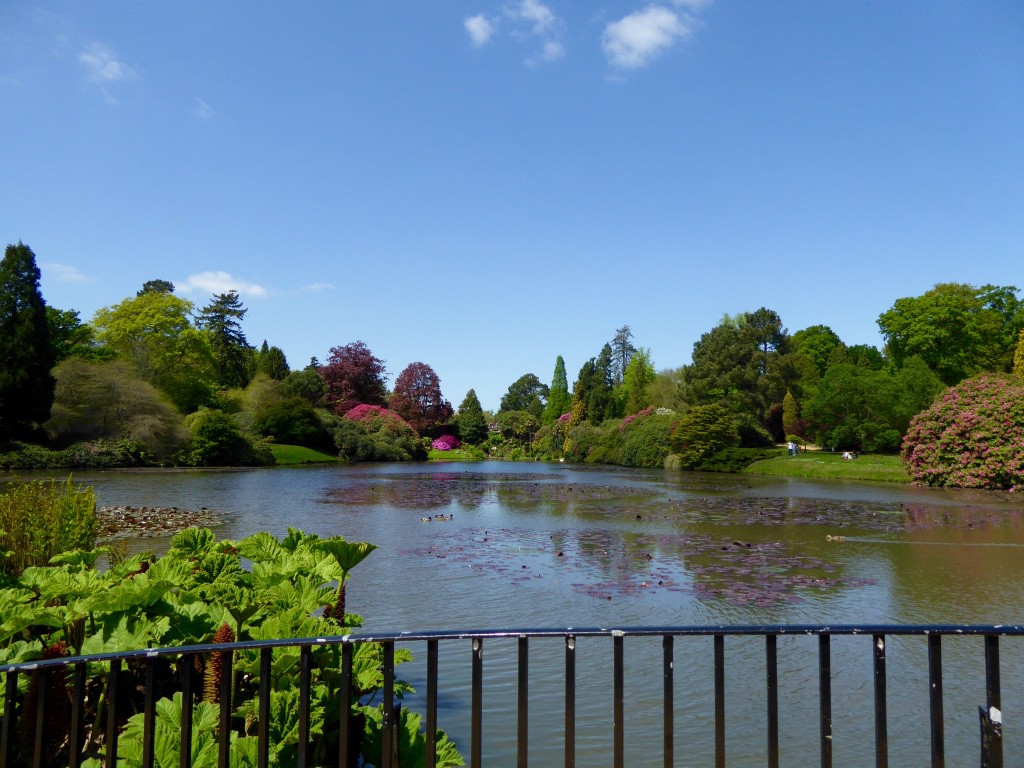
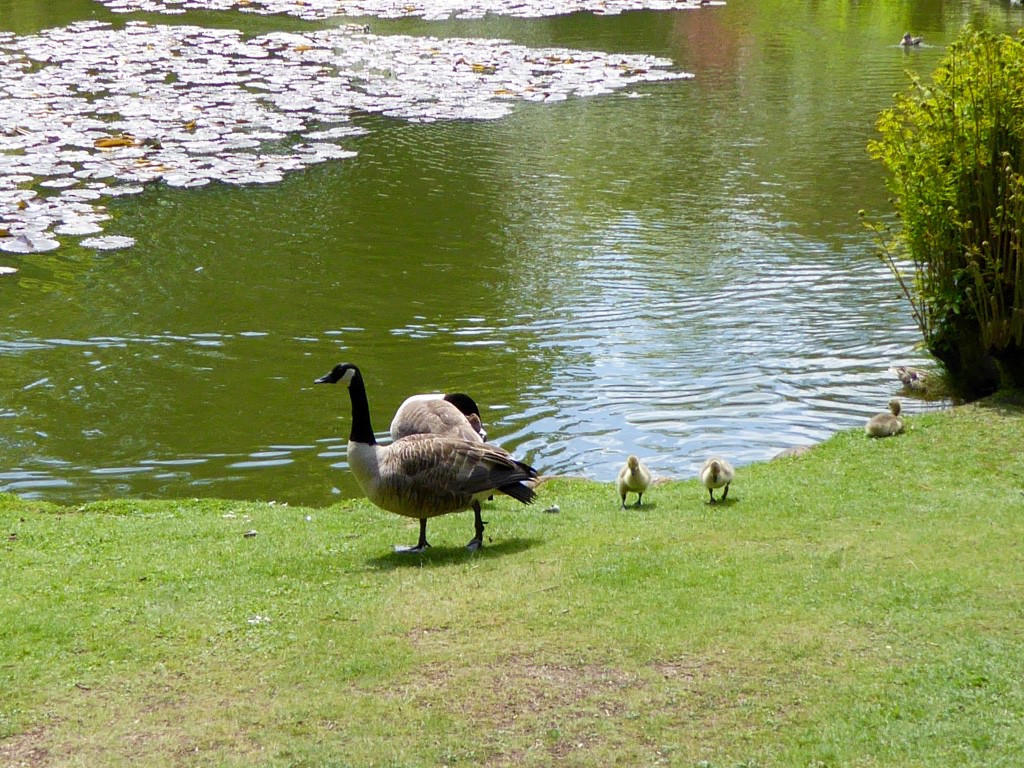
Each owner has left their footprint on the gardens, which can still be seen today in the layout of the lakes, the construction of Pulham Falls, the planting of Palm Walk and the many different tree and shrub species from around the world.
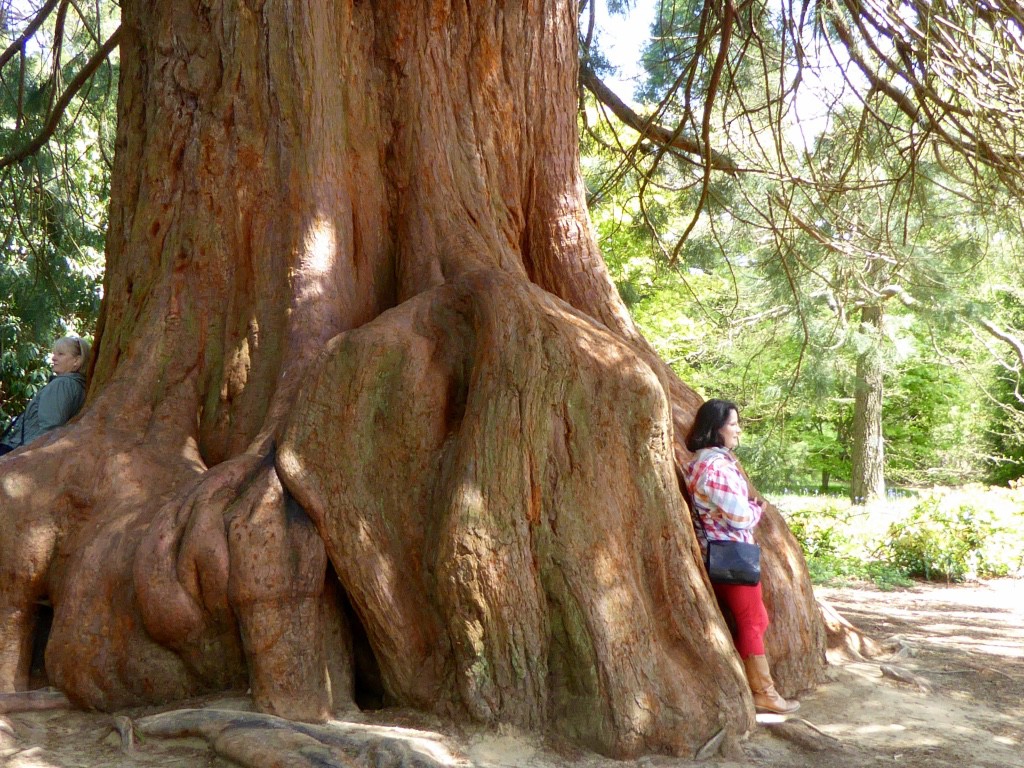
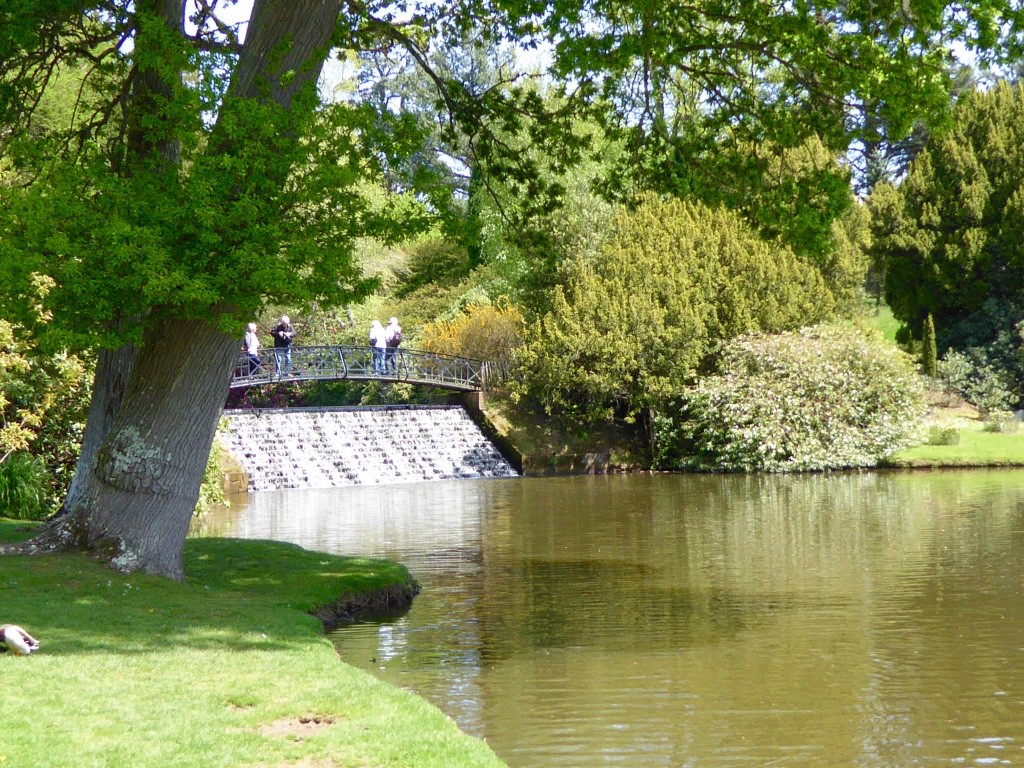
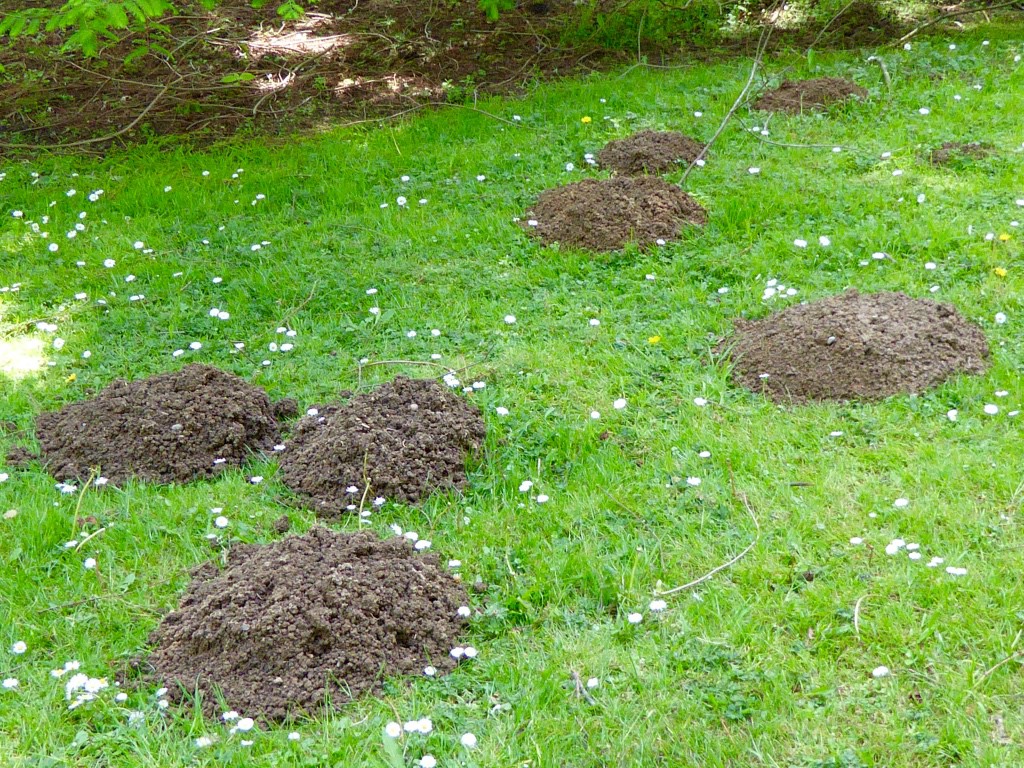
Our final stop for the day was Vann Gardens owned by the Caroe family for over 100 years. The house is steeped in history with additions to the original timber-framed 16th century house in every century, the most recent in 1907 by WD Caröe.

Nestled in the Surrey countryside near Godalming, this five-acre garden is formed by a series of “rooms“ which surround and complement the family home.
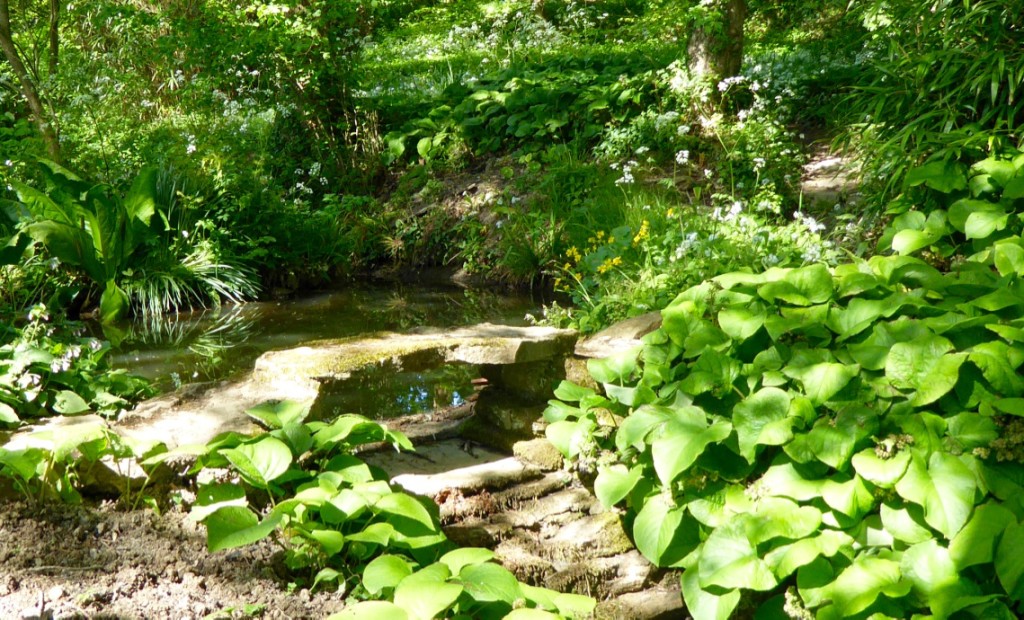
The unique Water Garden by Gertrude Jekyll in 1911 links a succession of small ponds fed by the cascade from the quarter-acre pond, crossed by stone paths and bridges banked with lush vegetation and 1,500 water-loving plants supplied by Miss Jekyll. The stream flows down to a wild White Garden, a blanket of snowdrops in February succeeded by narcissi, white fritillaries and martagon lilies, before disappearing into the coppiced woodland beyond.
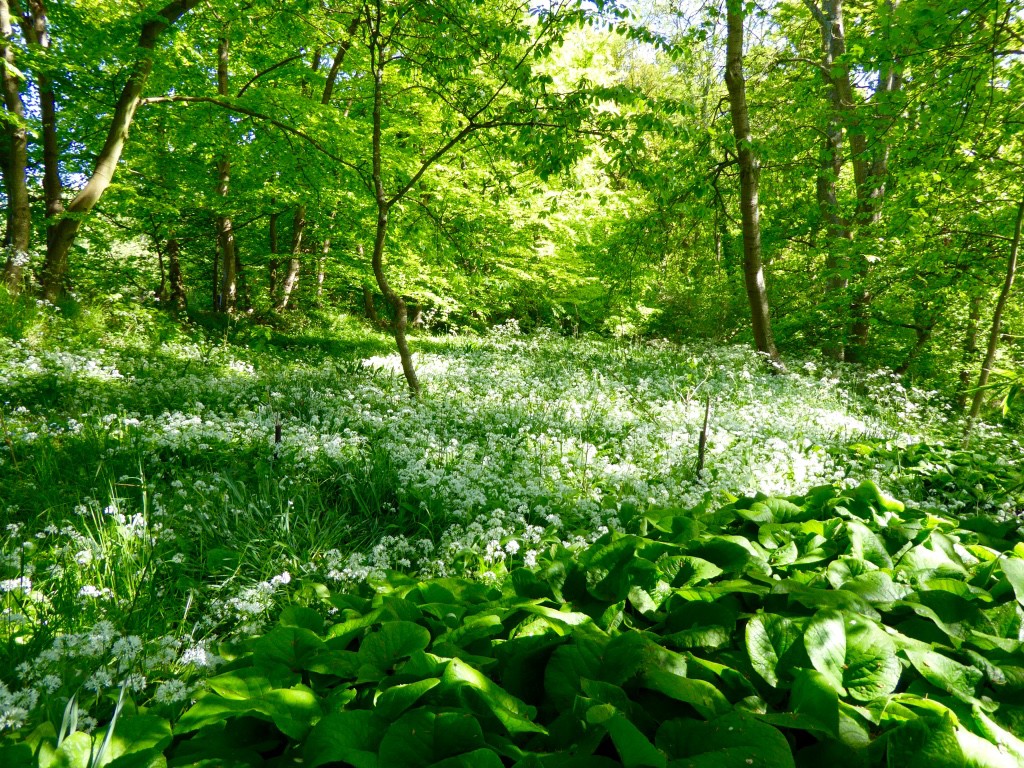
To the north, the stream enters the garden and runs through the Yew Walk (1909) in a rhyll banked by dry-stone Bargate walls and enclosed by large yew hedges with beds each side. This formal room has been replanted with foliage plants and bulbs to give year-round interest. In the double mixed borders in the vegetable garden plants of special interest to the horticulturist abound and pears and peaches fruit on the crinkle-crankle wall. Both the house and garden are Grade 2 registered by English Heritage
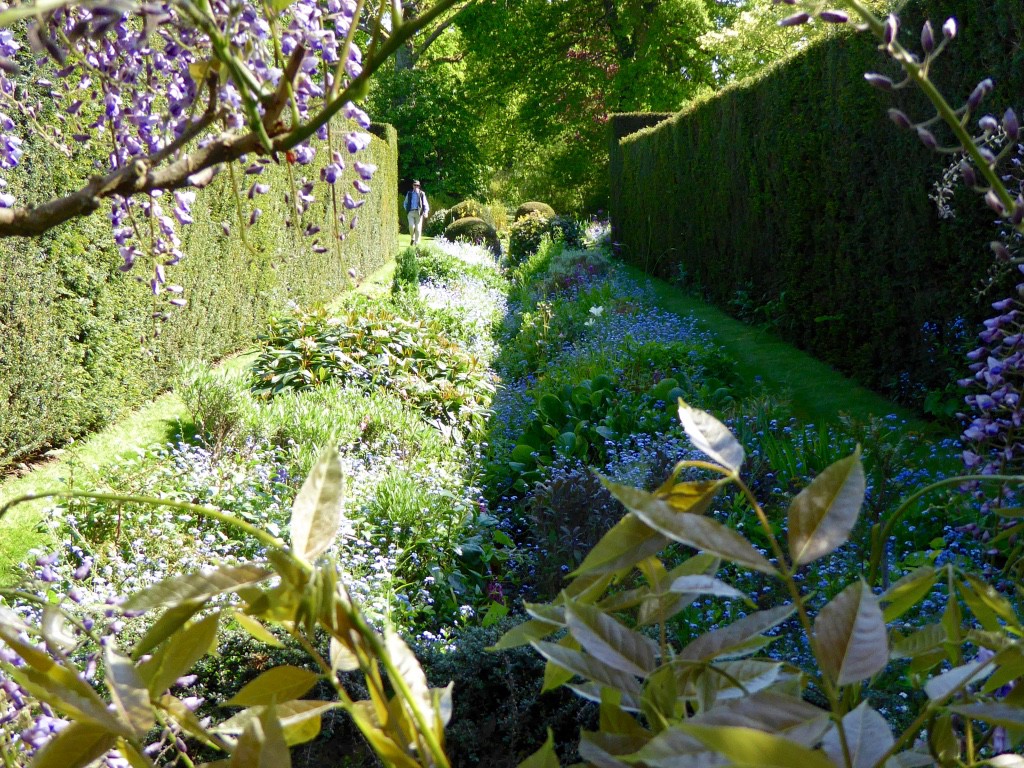
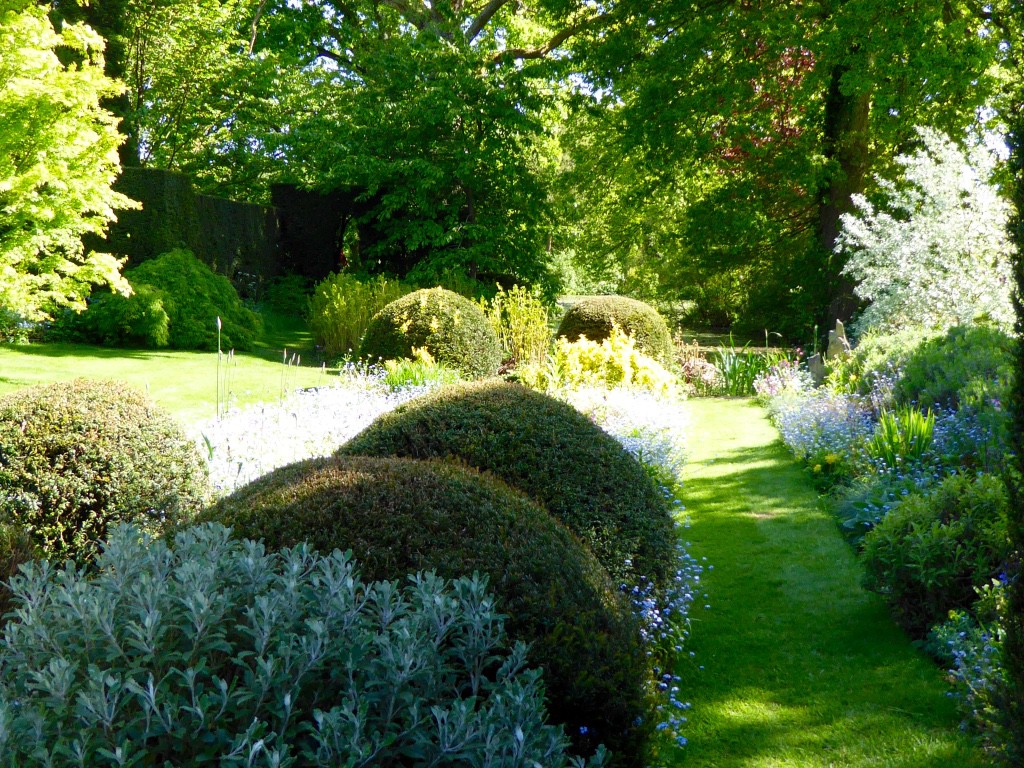
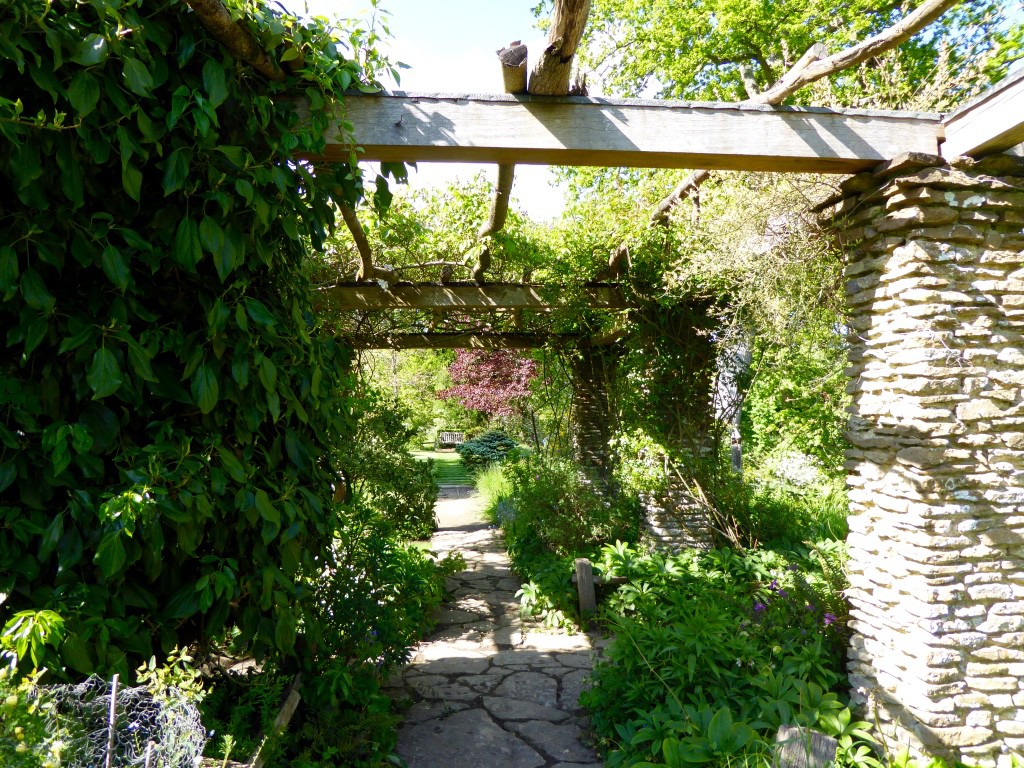
Whilst Vann is an interesting garden the most inspiring part of it is the current owner, Miss Caroe, who not only is a practicing doctor but also, despite being well into her seventies, manages the garden with very little help. 